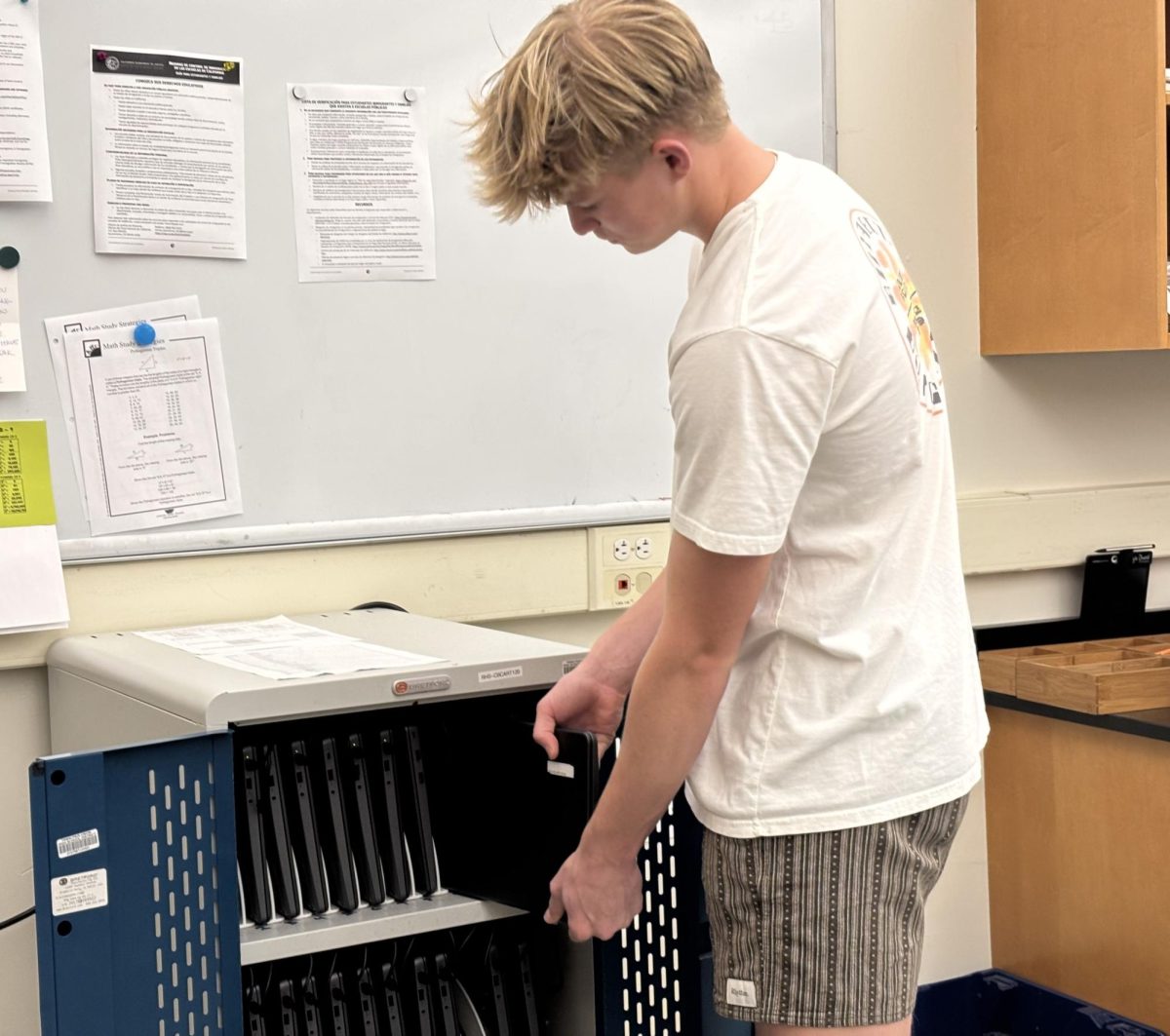Established in March 2020 as an emergency response to homelessness during the pandemic, Project Roomkey is a federally funded, locally administered service that provides isolated shelter options across the state. Despite rumors hinting at the program’s termination, as of December, Calif. Gov. Gavin Newsom has agreed to extend funding indefinitely. Under this extension, the state agreed to allocate an additional $62 million on top of the original $100 million to support homeless residents’ relocation to emergency hotel rooms.
With uncertainty surrounding how transmissible and fatal the coronavirus was at the beginning of the pandemic, the motivation behind the fund was to help people experiencing homelessness get into emergency shelter care as quickly as possible to reduce potential exposure to the virus.
However, regardless of this recent announcement, Marin County does not plan to reapply for any hotel room funding at the moment so that they can focus on finding the remaining homeless residents permanent housing options through a spinoff program called Project Homekey.
Like its sister program Project Roomkey, Project Homekey is a grant program for counties to buy vacant buildings to house people experiencing homelessness permanently. Administered by the California Department of Housing and Community Development, $600 million has been set aside for local officials to use. Of that $600 million, the county was able to acquire $12 million for their permanent housing project.

Upon its announcement last June, San Rafael Director of Homeless Planning and Outreach Andrew Hening has been eager to complete the project in the hopes of finally having the space and financial means of housing homeless people that do not want to be out on the streets.
“In the 11 years I’ve been [director], maybe one in 100 people are truly committed to living on the street. The vast majority of people want to be inside. Having these permanent housing options has definitely convinced more people to reach out for our support,” Hening said.
Marin County Homeless Policy Coordinator Ashley Hart-McIntyre has also been advocating for a countywide focus on finding permanent housing for homeless residents in Marin because of its ability to resolve chronic homelessness.
“Historically, places that spend their time, energy, funding and political capital on emergency solutions don’t see homeless populations go down,” McIntrye said. “These places aren’t providing people with the tools they need to keep themselves from becoming homeless again. This allows for generational homelessness where children are then raised homeless and their families and so on and so forth.”
According to Hening, homeless residents will soon be able to move into buildings the county bought this year. In Marin, these permanent lots are located in San Rafael and Corte Madera and combined will provide 63 units of housing. The goal is to have these spaces ready for guests by the end of February.
Planning to maximize the funds received through Project Homekey, the county had also originally planned to secure the Inn Marin Hotel in Novato. Despite the county’s good intentions, officials were met with opposing residents who feared the project would bring down local property value and attract even more homeless people into their community.
Considering the highly controversial feedback they received on the topic, the Marin Board of Supervisors held a closed session on Nov. 10, 2020, where advocates from both sides negotiated the offer. Ultimately, the county decided to permanently withdraw attempts to purchase the Inn Marin Hotel, stating in a formal address, “In light of not being able to reach an agreement with the seller on the price, the Board directed the County’s negotiators to no longer pursue the property.”
Although the county was able to secure two of the three project locations, uncertainty surrounding the pandemic and its projected conclusion has persuaded officials to keep Project Roomkey on standby rather than discontinuing it for good. Should the need for emergency shelter arise, officials agree that Project Roomkey has proved to be a successful response.

Homeward Bound of Marin is one of many local shelters that partnered with Project Roomkey to locate those in need and provide them with hotel accommodations at the beginning of the pandemic. Homeward Bound of Marin Family Center Director Shikira Porter worked specifically with families to locate housing that accommodated their needs.
“We had to get really creative and scramble to help these families. Once we located families in need and transferred them to motels, we would provide them with any care necessary for their survival. That included COVID-19 screenings, food and medical support, which was all supported by the Roomkey fund,” Porter said.
As of December, Homeward Bound of Marin has transferred 234 emergency sheltered residents out of Project Roomkey funded hotel rooms and into permanent housing alternatives. Now, according to county data, only seven of them remain in hotel rooms.
Whether or not Project Roomkey is re-established later in the year, Hening is committed to providing homeless people with shelter options and health protection that they otherwise would not have access to.
“Across California, for the 150,000 people that are homeless on any given night, there’s only shelter capacity for about 30 percent. So, while we’re certainly looking to reimplement Project Roomkey in the future if the need arises, we are also being very deliberate about creating housing that helps end this problem permanently,” Hening said.







